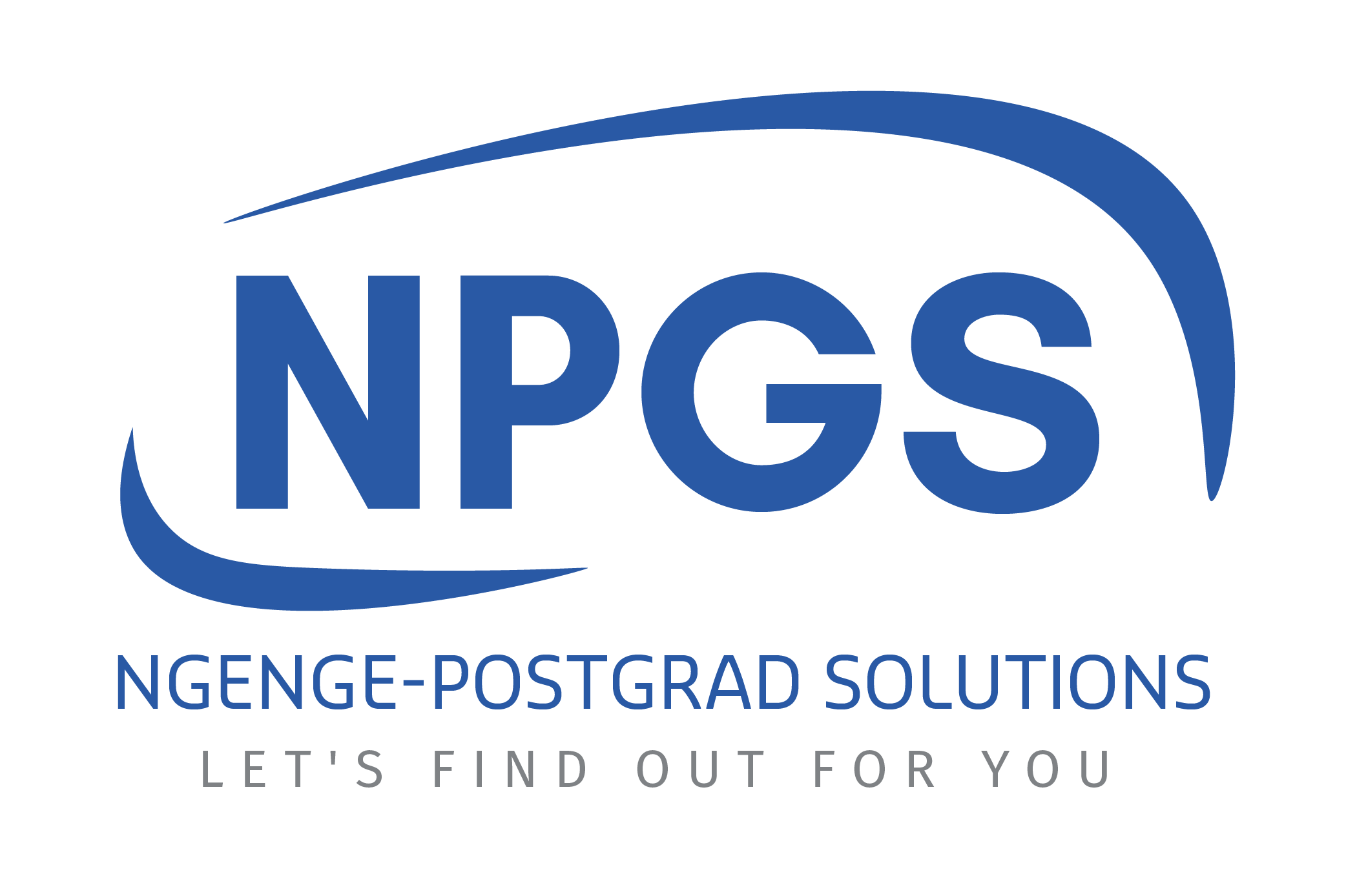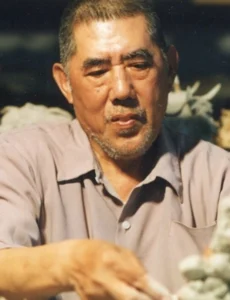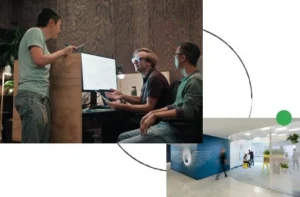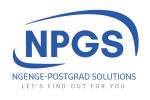NGENGE-POSTGRAD SOLUTIONS IS HERE TO HELP YOU: NPGS has an Application Help Service with a team of highly experienced professionals to help you find a position or prepare a CV or Cover Letter. Our professional experts can also apply for you from A to Z.
Application Deadline: July 11, 2022
While multiplayer games are popular and often beneficial (e.g., helping players stay connected with friends and family, and supporting social wellbeing outcomes), they also frequently involve negative and harmful behaviours of players, including abusive communications (e.g., harassment, verbal abuse, and flaming), often summarized as “toxic” behaviours. Despite general agreement about the dangers and problems of toxic behaviour, it has not been solved and instead has become more problematic and widespread.
In this PhD project, you contribute to combating toxic behaviours and harassment in multiplayer games and online environments through development of tools, systems, algorithms, and AI approaches. This involves a variety of possible directions, potentially allowing for taking into consideration your preference and background.
In this position, you will:
- conduct a literature survey to understand the current state of research about social interactions and toxicity in games;
- help better understand where, why, and how toxicity occurs;
- examine the needs and potential contributions of game communities, gaming personalities, and game developers for combating toxicity;
- design and implement tools and algorithms to combat toxicity and its effects, e.g., to predict toxicity with AI methods, visualize effects to perpetrators, and support targets of toxicity;
- experimentally validate the effects of the interventions;
- disseminate findings from research in academic publications and other venues.
In addition to research, you are involved in teaching activities within the department of Information and Computing Sciences. Teaching activities include supporting senior teaching staff, conducting tutorials, and supervising student projects and theses.
Qualifications:
You have a strong interest in online environments and multiplayer games and in combating toxicity and harassment. Next to that we would like you to bring the following:
- a Master’s degree in Human-Computer Interaction or a related field (e.g., computer science, Games and Media Technology, information science, artificial intelligence, interaction design, (applied) psychology);
- a strong background in the design and implementation of interactive systems;
- excellent English communication skills (written and spoken);
- previous experience with game development tools (e.g., Unity), machine learning frameworks (e.g., scikit-learn), and conducting user studies and experiments is a plus.
Offer:
What we offer:
- a position for 5 years;
- a full-time gross salary that starts at €2,541 and increases to €3,247 per month (scale P of the Collective Labour Agreement Dutch Universities (CAO));
- 8% holiday bonus and 8.3% end-of-year bonus;
- a pension scheme, partially paid parental leave, and flexible employment conditions external link based on the Collective Labour Agreement Dutch Universities.
In addition to the employment conditions laid down in the CAO for Dutch Universities, Utrecht University has a number of its own arrangements. For example, there are agreements on professional development, leave arrangements and sports. We also give you the opportunity to expand your terms of employment via the Employment Conditions Selection Model. This is how we like to encourage you to continue to grow.







